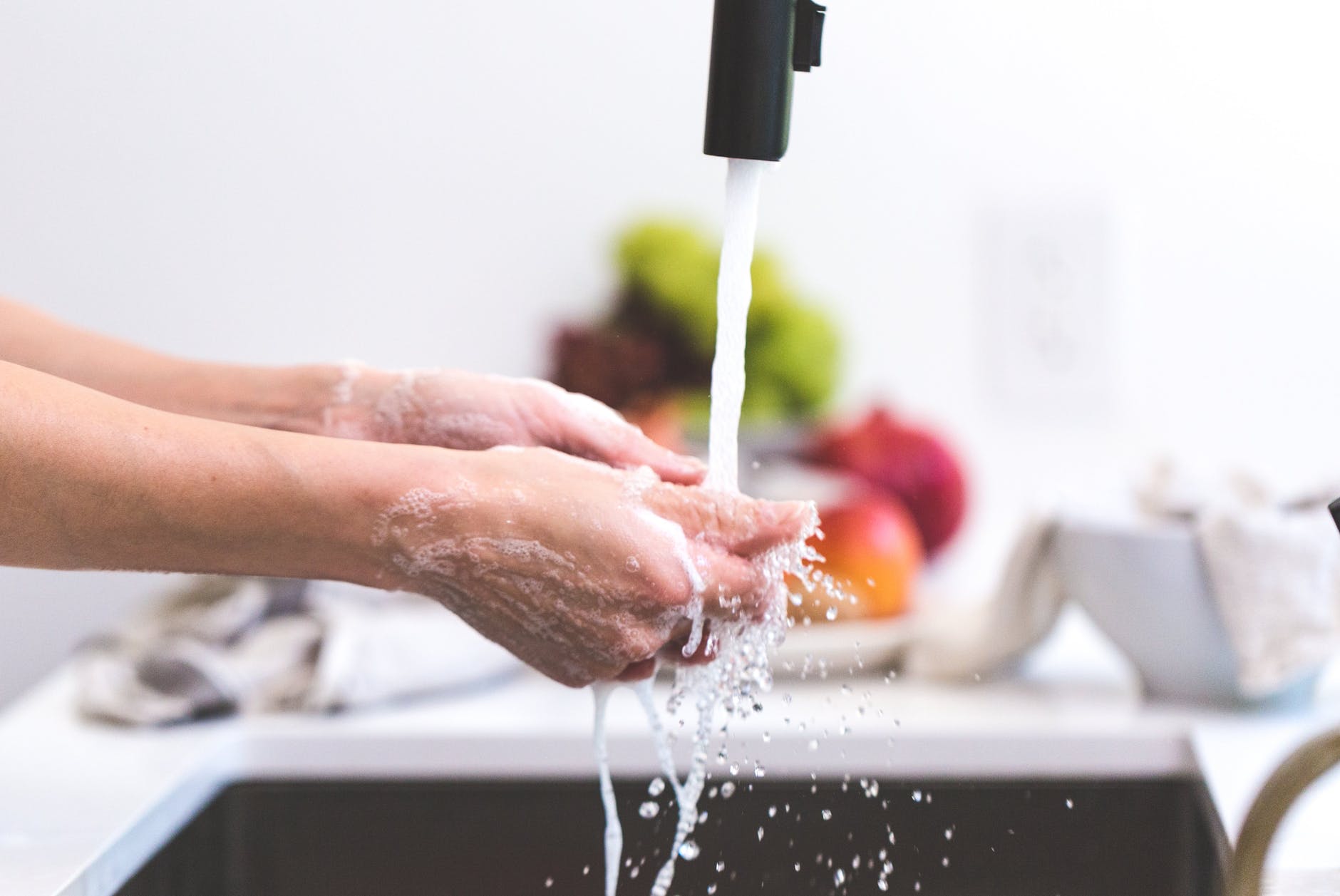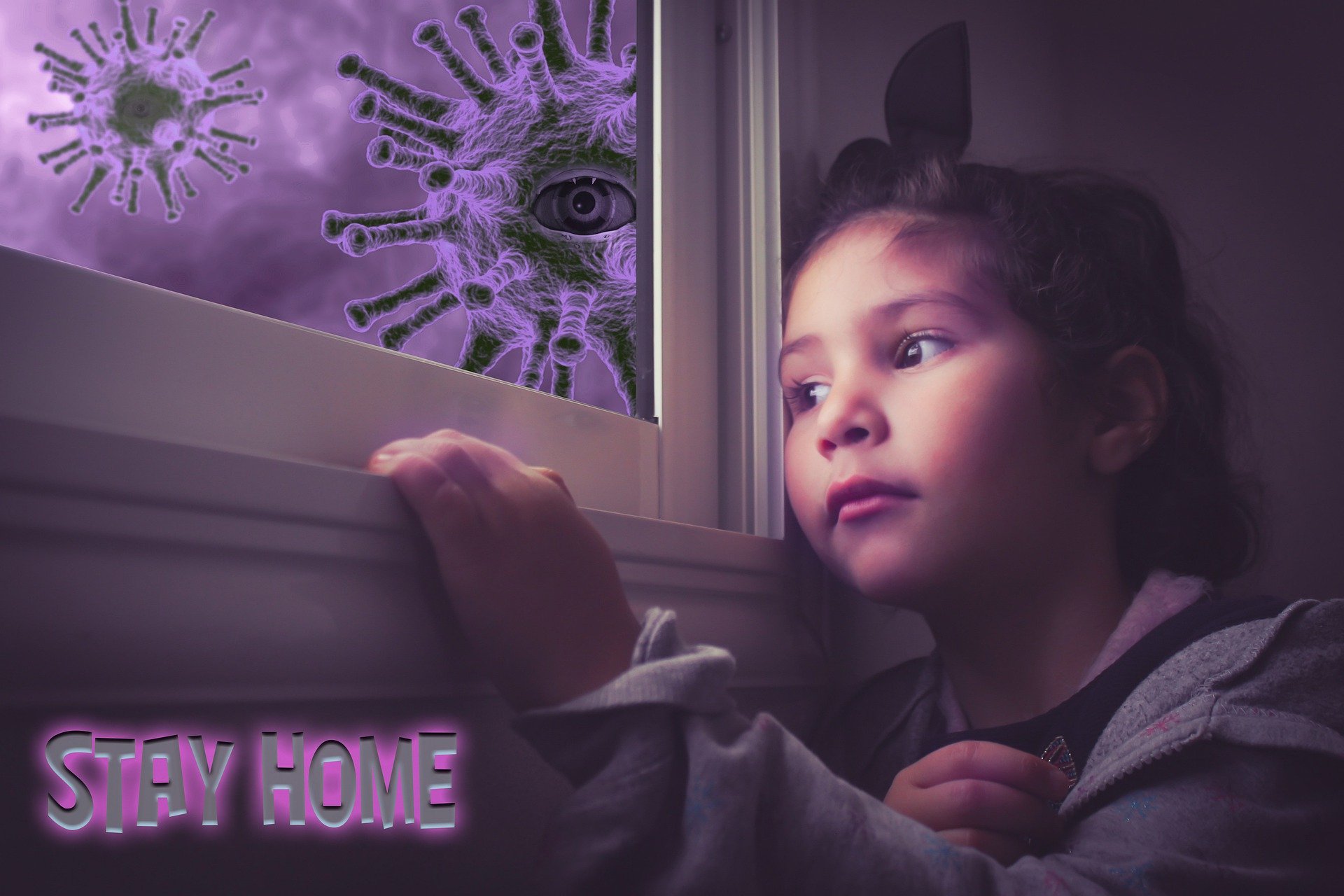Self-Quarantine and Keep Safe: Regardless of whether you work from home, take a virtual course, or exercise physical distance for your safety and that of your loved ones, we all live a new normal. This transition may be easy for some, but it is unusual for many to work and study from home. Over the path of the days and weeks, you may want to feel balanced and healthy.
“Physical distancing is difficult! It disrupts routines and can lead to feelings of separation and loneliness,” says Mahalia Lotz. Fortunately, there is a lot to do to stay connected and reduce the feeling of isolation, although physical distancing is necessary. “Here are six ways to control anxiety, increase productivity, and connect with others during self-quarantine.
Table of Contents
Isolation vs. Quarantine

Isolation and quarantine are public health practices used to protect the public by preventing people from or likely to be exposed to an infectious disease.
• Isolation separates sick people with an infectious disease from those who don’t.
• Quarantine separates and restricts the movement of people with an infectious disease to see if they get sick. These people may have been ill and do not know or have the disease, but no symptoms.
Who should be Self-Quarantine?
The CDC (Centers for Disease Control) and Prevention only recommends automatic quarantine if you have reason to believe you have been exposed to the virus.
For example, if you feel healthy, but have recently been in close contact with someone with COVID-19, it is time to quarantine. In the meantime, think about what to do if you believe you have COVID-19. You should also take a free covid test from a reputable testing centre like itsbetterhealth.com.
If you are healthy, have no symptoms, and do not fall into any of the above risk categories, you do not need to self-quarantine, but you must still practise social distancing and check for signs and symptoms such as fever and cough.
Keep in mind that the symptoms of COVID-19 can last between two and 14 days, and it is possible that you can transmit the virus in this presymptomatic phase. Additionally, there is growing evidence that a significant proportion of infected people are asymptomatic, but the infection or virus can still spread. For this reason, it is central to use a cloth cover outside your home, even if you don’t feel sick.
How to Self-Quarantine
Based on what currently known about the duration of the symptoms, the recommended quarantine time is 14 days. The goal is to prevent the virus from accidentally spreading to others by spreading out long enough to determine if you are infected and have symptoms.
The CDC endorses the following steps to prevent the spread of COVID-19:
Stay at home for 14 days after exposure
It would help if you restricted your activities outside of your home, including going to school, work, public areas, or using public transport.
Only leave the house if you want to see your doctor and have called beforehand to discuss and plan your choice.
Separate yourself from the pets and people you share your home with
If possible, stay in a separate room and use a separate bathroom, especially if someone you live with is at increased risk for serious illness.
If you live with someone who has COVID-19, make sure you know how to share a home with someone who is sick, without getting sick themselves.
Wash your hands often

Proper hand hygiene can help prevent the virus from spreading. Wash your hands later, blowing your nose, sneezing, or coughing. Also, avoid touching your face.
Don’t share your Material or Stuff
Avoid sharing the resulting items with people or animals in your home:
- Towels, with hand towels in the kitchen and bathroom
- Bedding
- Dishes, drinking glasses and utensils
We’re All in This Together
As we move into this new normal, changes in our routine are necessary for our health and well-being. Above all, practice patience. Understand that it is okay to feel confused, anxious, and unsure of what is next. “He is not alone and does an excellent job in difficult times to take care of himself,” says Lotz. “Hopefully, these guidelines will help you make a plan to deal with your fear.”


